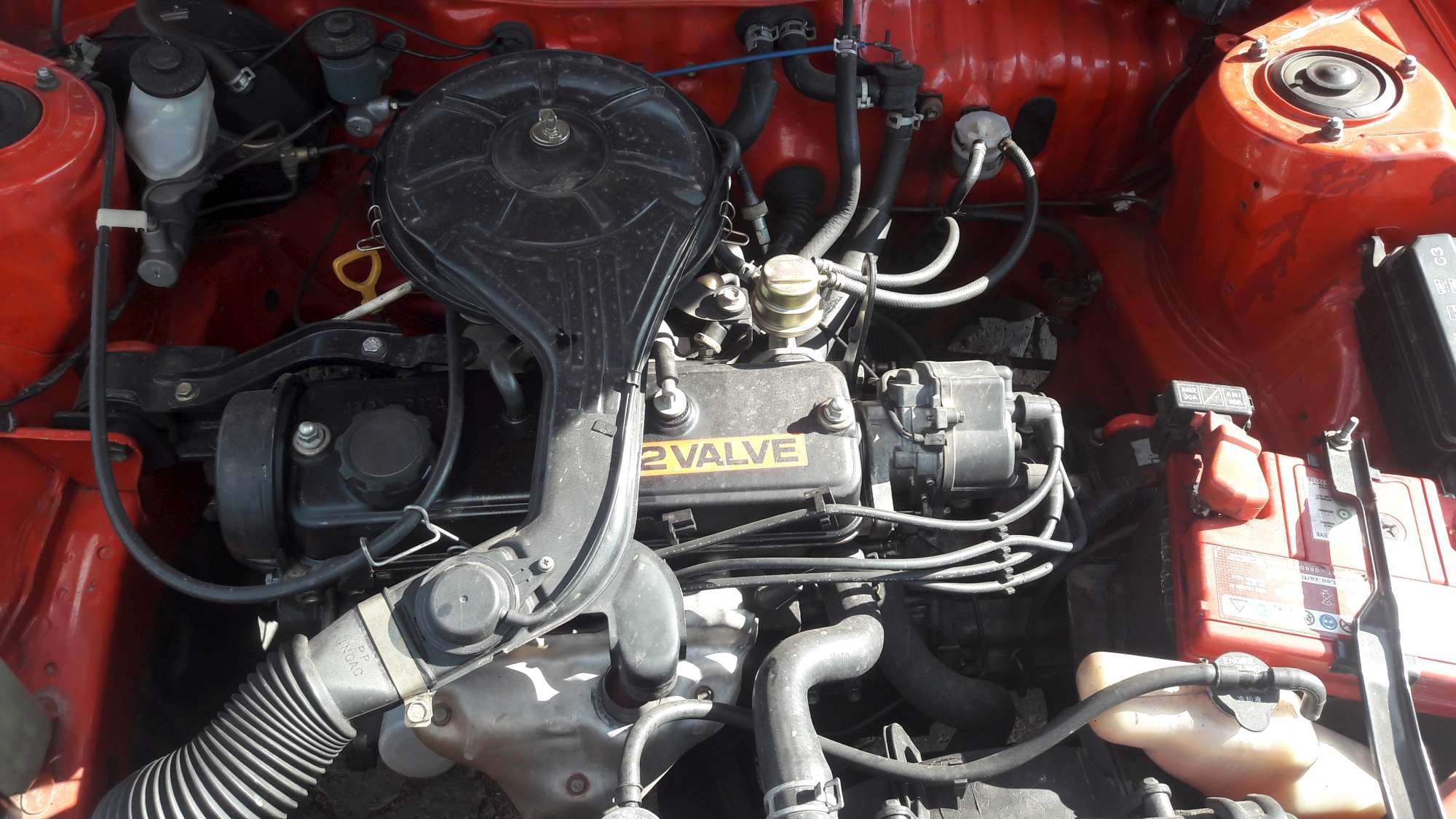Engine Acquiring Professional Tips on Choosing the Right Engine for Your Details Demands
Selecting the appropriate engine for your certain needs involves a complicated interaction of variables that go past mere horsepower figures. By diving right into the ins and outs of power versus efficiency, reviewing fuel scores, and budgeting for lasting expenses, one can really enhance their engine option.
Power Vs. Performance: Discovering the Equilibrium

When selecting an engine, it is vital to strike a balance in between power and efficiency to fulfill your details demands successfully. Power refers to the engine's capacity to generate power for propulsion, determining factors like acceleration, pulling capability, and general performance (Toyota Tazz Engine For Sale). On the other hand, performance associates with exactly how well the engine utilizes fuel to create power, influencing aspects such as gas economic situation and ecological kindness
Achieving the appropriate balance between power and efficiency is crucial since an engine that is too effective may take in extreme fuel, resulting in higher operating expense and unnecessary stress on the atmosphere. Alternatively, an engine that focuses on efficiency over power might lead to slow-moving efficiency, particularly sought after circumstances like hauling heavy loads or driving uphill.
To make an educated choice, think about elements such as your typical driving problems, the designated use the car, and your individual choices. By examining your requirements and top priorities, you can select an engine that strikes the ideal equilibrium in between power and performance, ensuring optimum performance while reducing ecological influence and operating expense.
Understanding Engine Size and Type

Additionally, engine kind plays an essential duty in establishing the performance qualities of an engine. Common engine types include inline engines, V engines, and rotary engines, each with its one-of-a-kind benefits and downsides. The engine type impacts elements such as the engine's dimension, weight circulation, and power delivery. Understanding the interaction between engine size and type is crucial in selecting an engine that straightens with your details demands and concerns, whether it be power, effectiveness, or a balance of both.
Consider Your Car's Demands
Considering your lorry's demands is a fundamental step in the engine selection process to guarantee optimal efficiency and capability. It is important to assess factors such as the meant use the automobile, its weight, lugging capacity, and fuel efficiency requirements. As an example, if you are looking for an engine for a heavy-duty truck that will be made use of for towing, you will require a powerful engine with high torque capacities. On the other hand, if you are picking an engine for a compact car largely utilized for city commuting, fuel effectiveness might be a more essential element to think about.

Evaluating Fuel Efficiency Rankings
Evaluating gas efficiency scores is a crucial facet of picking the appropriate engine for your vehicle, making sure price savings and environmental sustainability. Fuel efficiency scores, normally gauged in miles per gallon (MPG) for gas engines or kilowatt-hours per 100 miles (kWh/100 miles) for electric engines, indicate how much a lorry can take a trip on a particular amount of gas or electrical energy. Higher MPG or lower kWh/100 miles worths indicate much more effective engines, equating to lowered fuel costs and lower carbon discharges.
When assessing gas performance rankings, consider your driving practices and requirements. An extremely fuel-efficient engine can result in significant financial savings over time if you commute long distances daily. Additionally, compare different engine choices within the very same car course to determine the most affordable choice. Variables such as engine dimension, weight, aerodynamics, and crossbreed or electrical abilities can all influence gas efficiency.
Budgeting for Long-Term Prices
Purposefully preparing for long-lasting costs is essential when picking an engine, guaranteeing monetary sustainability over the vehicle's life expectancy. While the first acquisition price of an engine is a pop over to this site considerable aspect, it is essential to consider the lasting costs connected with maintenance, repairs, and gas consumption. Choosing a much more fuel-efficient engine might have a higher upfront expense however can result in substantial financial savings gradually. Normal maintenance, such as oil modifications, filter substitutes, and tune-ups, is necessary to keep the engine running smoothly and efficiently, minimizing the threat of expensive fixings down the line.
In addition, looking into the availability and expense of replacement components for the selected engine is important in budget plan preparation. By carefully budgeting for these address long-lasting expenditures and factoring them right into the decision-making process, people can select an engine that not only meets their immediate demands but also stays affordable throughout its life expectancy.
Verdict
Finally, choosing the best engine for your particular demands calls for balancing power and performance, recognizing engine size and type, considering your car's needs, reviewing gas performance ratings, and budgeting for long-lasting prices. By meticulously taking into consideration these aspects, you can guarantee that you select an engine that fulfills your demands and gives optimal performance for your vehicle.
To even more improve the choice procedure of an engine that strikes the optimal balance between power and effectiveness, it is crucial to dive into the details of understanding engine size and type. Engine dimension refers to the complete quantity of air and fuel that can be pushed with the engine cyndrical tubes. Usual engine kinds include inline engines, V engines, and rotary engines, each with its special advantages and this hyperlink disadvantages. Recognizing the interplay in between engine size and kind is vital in picking an engine that aligns with your specific requirements and concerns, whether it be power, efficiency, or an equilibrium of both.
Fuel efficiency ratings, normally determined in miles per gallon (MPG) for gasoline engines or kilowatt-hours per 100 miles (kWh/100 miles) for electric engines, suggest exactly how much an automobile can take a trip on a particular amount of fuel or electricity.